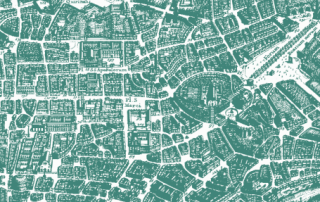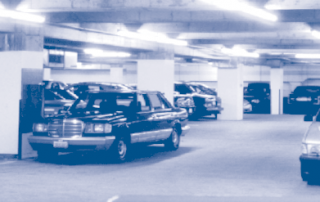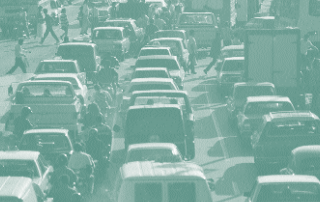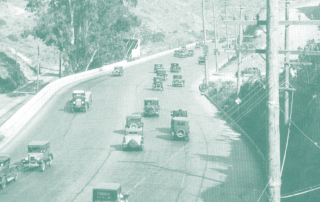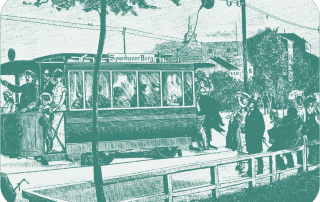ACCESS 13, Fall 1998
Editorial: Nonconventional Research
Melvin M. Webber
Transportation research used to be focused on conventional civil engineering topics. But growing cadres of researchers have been coming to transportation from fields as diverse as psychology, law, city planning, sociology, and mathematics. Having joined the inquiry, they’ve widened it to nonconventional topics and nonconventional approaches.

